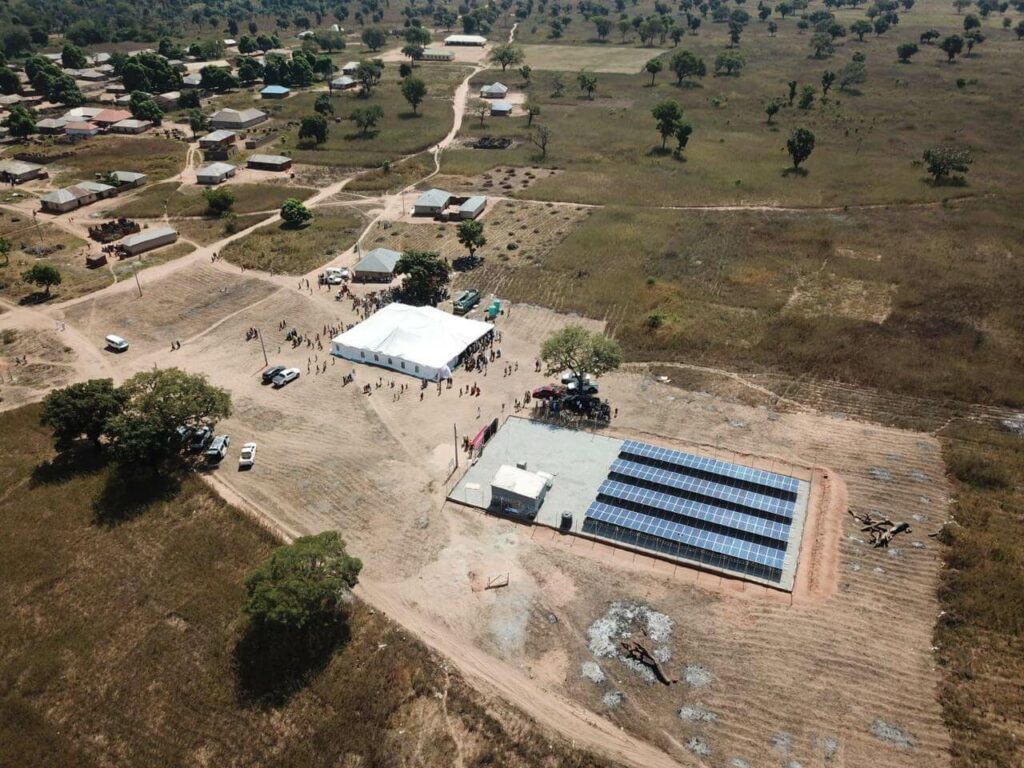
Crossboundary Energy Access, an investment platform which is project financing solar-powered mini-grid projects in rural Africa, has secured US$50 million funding for a near-term pipeline of projects.
The company said last week that funding commitments worth US$25 million have been freshly secured on top of a further US$25 million in senior debt in order to plough the capital into rolling out a network of mini-grids.
Enjoy 12 months of exclusive analysis
- Regular insight and analysis of the industry’s biggest developments
- In-depth interviews with the industry’s leading figures
- Annual digital subscription to the PV Tech Power journal
- Discounts on Solar Media’s portfolio of events, in-person and virtual
Specialist emerging markets investment advisor ARCH Emerging Markets Partners Limited, Microsoft Climate Innovation Fund and Bank of America contributed with funding commitments.
Crossboundary Energy Access was formed by mission driven investment firm Crossboundary, which also invests in educational infrastructure in East Africa and commercial and industrial (C&I) renewable energy services in Sub-Saharan Africa.
Crossboundary Energy Access (CBEA) launched in 2019 as a project finance facility for mini-grids. It uses blended finance with an innovative project financing structure to unlock access to electricity for rural areas, the company claimed.
The group hopes to reach more than 1 million people and aims to put a total of US$150 million financing into the rollout of mini-grids, which will combine solar PV and battery energy storage to give households and businesses 24/7 access to renewable electricity.
The International Energy Agency (IEA) has said that it will cost about US$187 billion by 2030 to provide universal access to electricity around the world for those that don’t have it, including more than 600 million people in Africa.
Access to affordable, sustainable, reliable and modern energy for all by 2030 is number seven of the United Nations Sustainable Development Goals (SDGs).
Project finance can unlock the long-term infrastructure-style investments the sector needs, CBEA claimed in a press release.
“Our investors believe the mini-grid sector is ready to scale and that 2022 will mark an inflection point in its growth,” CBEA managing director and head of energy access Gabriel Davies said.
“Work is still needed on every aspect of mini-grids including regulation, business model, and subsidy programs. But we’re excited by the step change in scale and pace that we’re seeing from developers, investors, regulators, and donors, and we’re encouraged by the amount of capital the sector is prepared to absorb in the next 24 months.”






